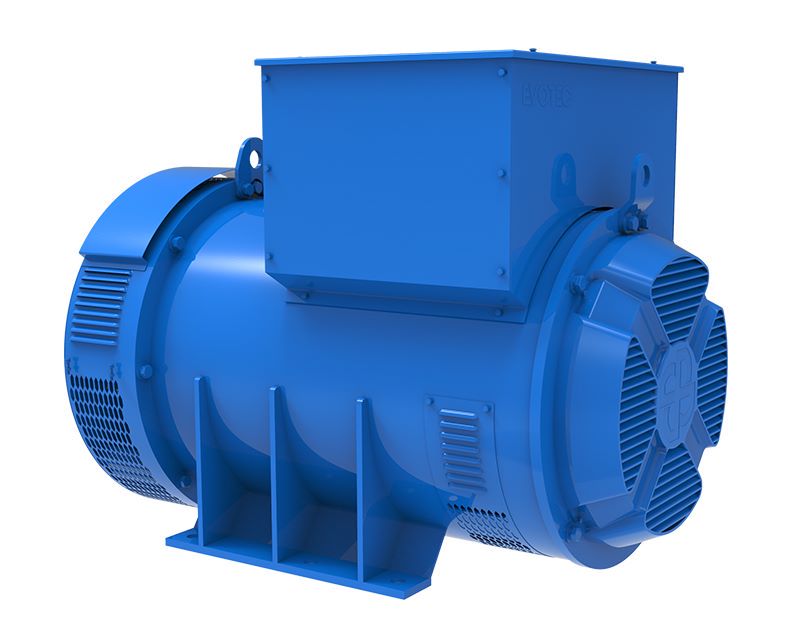
When you are driving a boat, you need to apply the correct amount of power at the correct time. If you put too much or too little power into your engine then it can harm your ability to move. This article details how an alternator can provide the right amount of power for your boat and includes information on when it should be replaced.
How Boat Alternators Work
Boat alternators are an excellent way to power your boat if you're not using battery power. They work by converting the engine's output into direct current, which can then be used to power things like lights and electronics.
There are a few things to keep in mind when using a boat alternator. First, make sure the alternator is properly mounted. Second, make sure the alternator is connected to the correct voltage source (usually 12 or 24). Finally, be sure to regularly check the alternator's output voltage and amp capacity to ensure they're still functioning properly.
Why is Boat Alternators Necessary?
Boat alternators are important for many reasons. They can help powerboat engines, which can make them more efficient and allow them to travel further distances with less fuel. Boat alternators also provide power when the boat is not in use, such as when it's being towed behind a vessel or when it's anchored in a port.
What are the Advantages of Boat Alternators for Boating?
There are many advantages to using a boat alternator when boating. Boat alternators are an efficient way to power your boat and can save you money on fuel costs. Boat alternators are also safer than relying on batteries, as they will not overheat or catch on fire. Additionally, boat alternators produce no noise, so they are ideal for use in close quarters such as aboard a boat.
Conclusion
Boat alternators provide electricity to motors, lighting, and other accessories on boats, ensuring that they are operational even in cases of emergency. By using a boat alternator, you can ensure that your vessel is properly equipped and ready for any situation.
